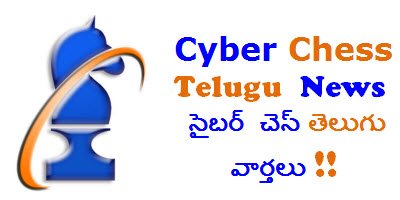
King of chess
Business Standard / New Delhi October 03, 2007
After 14 days of hard work in Mexico City, chess maestro Viswanathan Anand is entitled to a certain satisfaction. He has been crowned world champion (and received the attached prize money, $390,000, or over Rs 1.5 crore). Across 121 years, only 17 men have won this title — of them, Anand is the only one born and bred outside Europe and the former USSR. In most of the 160-odd nations where this ancient game is played seriously, this achievement would confer automatic superstar status. Sadly, in his country of origin, where chess was invented, Anand’s achievement is overshadowed in the public consciousness by the performance of the national cricket team. In contrast to the cricketers, Anand won without fuss and bother. He entered Mexico as the top seed and duly dominated a field, which consisted of eight of the world’s best players, emerging the undefeated champion. Uniquely, the 37-year-old is the only one to have won the world title under two different formats, and he also holds the world rapid title.
To play tournament chess at any level requires natural talent, strong will, good nerves, physical fitness and the acquisition of a huge body of knowledge about the ways in which the pieces interact across the 64 squares. While the other qualities may be genetic, acquiring the theory requires hard work. The game is taught in schools across much of Western Europe and across all the former Soviet republics by top-class practitioners. It is an amazing act of self-pedagogy for somebody to consistently beat the best products off those assembly lines. It is roughly equivalent to learning a foreign language with enough fluency to write in it and win a Nobel.
Anand’s feats have inspired an entire generation of talented Indian players. The “Indian chess revolution”, if it may be so described, has produced a string of teenagers (Harikrishna, Humpy, Negi, Sachdeva) who compete and win at the highest levels. Sadly, most of this activity has taken place off the public radar and been driven by the efforts of a few dedicated souls.
Chess has many positive externalities. It helps practitioners learn the discipline and self-control required to calculate a mass of possibilities and make quick decisions against a ticking clock. It is a terrific training ground for visuo-spatial pattern recognition. Last but not least, some of the thorniest problems in mathematics and computer science revolve around the game and programming computers to play it well. Thus, it has obvious synergies with information technology and training — the fact that Anand is the NIIT brand ambassador is recognition of this.
READ MORE FROM BUSINESS STANDARD

No comments:
Post a Comment